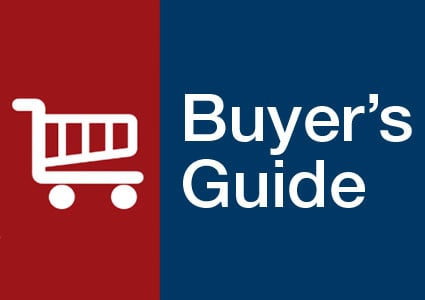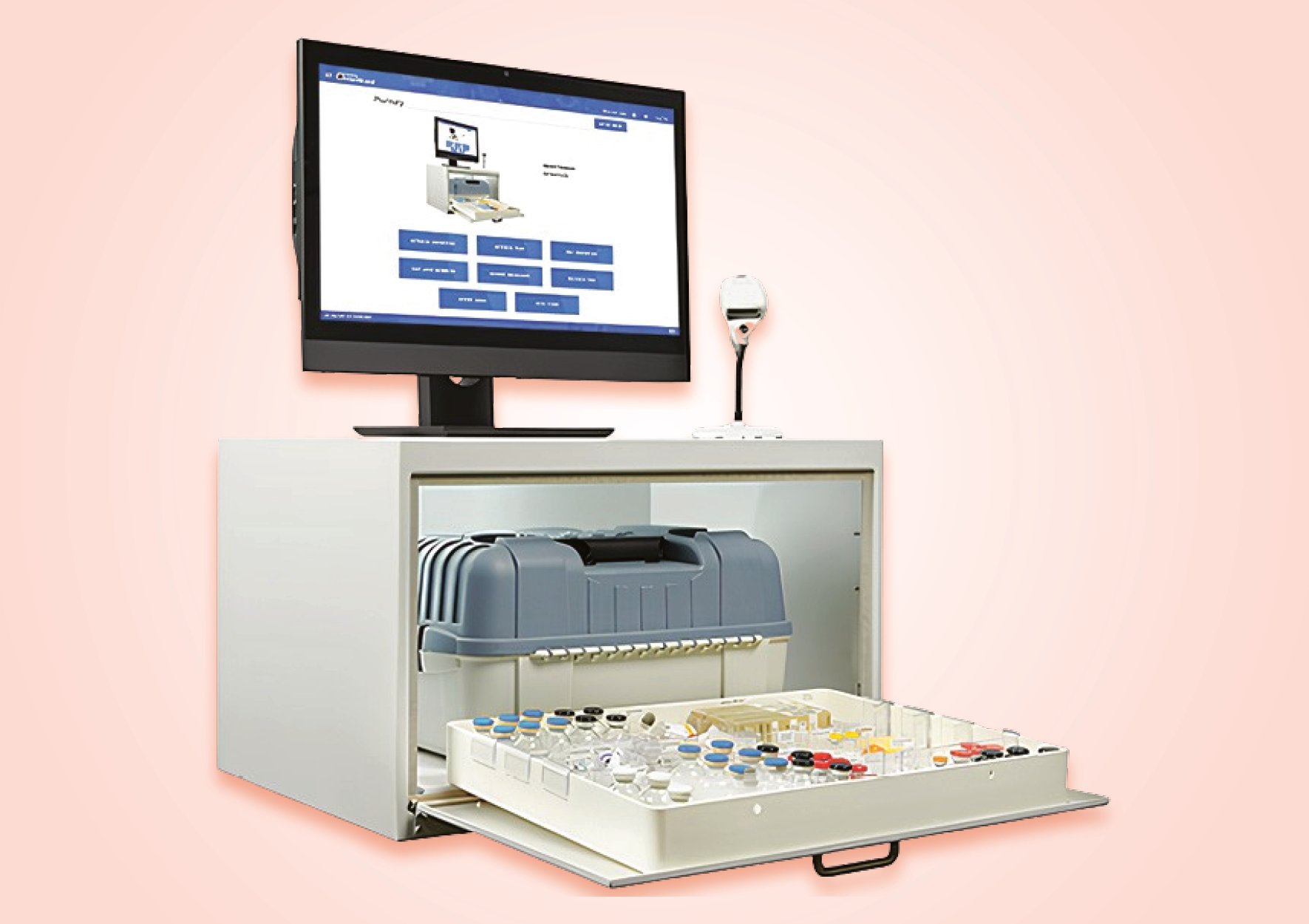- Show Menu
- Contact Us
- FAQs
- Reader Service
- Survey Data
- Survey Winners
- Testimonials
- Upcoming Events
- Webinars
- White Papers
Outsourcing Your Sterile Product Preparation: QA/QC Considerations
By Ron Broekemeier, MS, RPh
FACED WITH MOUNTING PRESSURE TO COMPLY WITH USP CHAPTER <797>, health systems may chose to outsource some or all of their sterile product preparation to an outside service provider in an effort to lessen their burden in meeting the regulation’s requirements. Outsourcing is also a viable option for pharmacies that have insufficient staff or space to meet their facility’s compounding-volume needs, and can help to streamline pharmacy workflow.
As more and more health systems evaluate and select outsourcing vendors to provide IV admixture solutions and injections, it is essential to select vendors with a comprehensive quality-assurance (QA) program. No contract with a vendor should be signed until the vendor can define their quality-assurance program in detail and demonstrate documented outcomes. A personal site visit to confirm all aspects of the program is also essential. The quality-assurance plan should be documented in writing and should list in detail the actual measure, the compliance standard or target, frequency of measurement, results, and action taken when variance occurs.
Quality assurance programs should focus on three specific areas:
- facilities
- personnel
- final product
Your vendor’s facility measures for QA should concentrate on the adequacy of space and their compliance with the Food and Drug Administration’s Good Manufacturing Practice standards and USP Chapter <797>. The facility’s engineering controls should meet ISO Class 5 standards. Laminar flow hood certification should be done every six months, and should be performed by a qualified certification professional. The vendor should be able to demonstrate quality measures for air microbial bioburden and touch-plate readings for wall, surface, and gloved-fingertip contamination, and provide you with reports on the ongoing environmental monitoring program at their facilities. Temperature monitoring logs should be maintained for rooms, refrigerators, freezers, and incubators, and be presented to you. In addition, the facility’s cleaning logs should be current and should show no gaps in the performance of routine cleaning.
Personnel quality assurance should focus on periodic and unannounced aseptic technique validations as outlined in USP Chapter <797>. The vendor should also perform gloved-fingertip testing, and media-fill testing of compounded solutions. Be sure that the vendor’s gloving and garbing practices are in line with the FDA’s Good Manufacturing Practices and/or USP Chapter <797>.
A vendor’s quality-assurance program for final products should focus on:
- end-product assays
- flare photometer testing as appropriate
- refractometer analysis
- visual inspection for particulates
- yield specification calculations where appropriate
Vendors may have additional components in their quality assurance program such as internal audit reviews, lot number tracking, recall compliance, and so on. These should be readily available for inspection by a current or potential customer. Most importantly, health systems should have access to all QA audit results, and complete explanations should be available when variance occurs beyond target levels. Vendors should also demonstrate a track record of timely response to customer complaints.
The decision to outsource your sterile product preparation can be significantly beneficial to your facility. However, it is imperative that the vendor you select follows sound QA procedures in their own facility, and can provide you with detailed documentation proving that these procedures have been adhered to. Even though the IV admixture solutions and injections were not prepared in your pharmacy, pharmacists need to take the responsibility of ensuring the quality of the vendor’s facilities, personnel, final products, and the documentation thereof. Ensuring that your vendor follows essential QA procedures can ultimately ensure the safety of your patients.
Ron Broekemeier, MS, RPh, is the director of pharmaceutical services for the Franciscan Health System located in Tacoma, Washington, a position he has held since November 1995. He obtained his BS in pharmacy from the University of Nebraska; completed an ASHP-accredited residency at the U.S. Public Health Hospital in Baltimore, Maryland; and received his MS in hospital pharmacy from the University of Minnesota.
Like what you've read? Please log in or create a free account to enjoy more of what www.pppmag.com has to offer.








